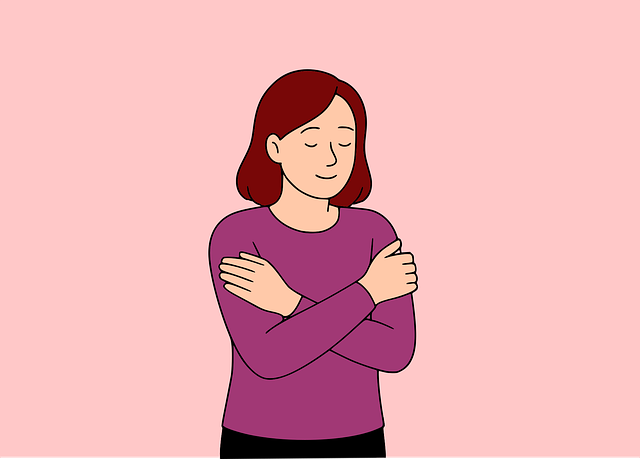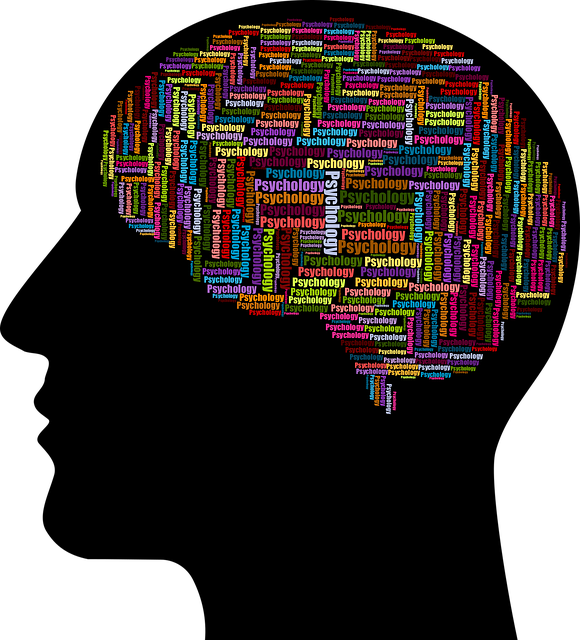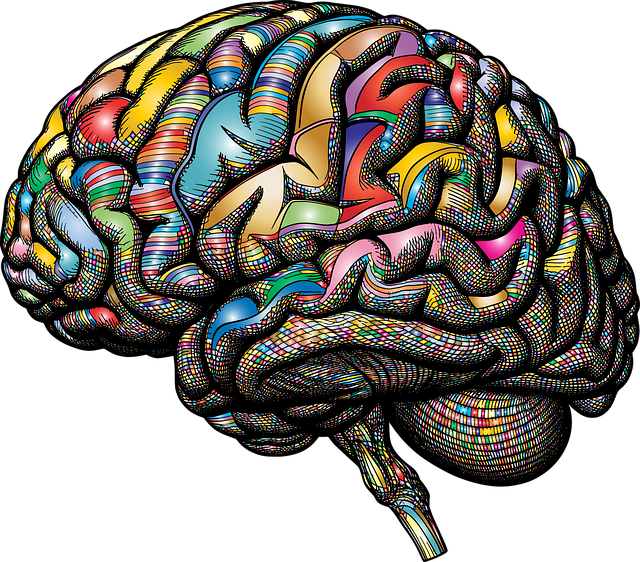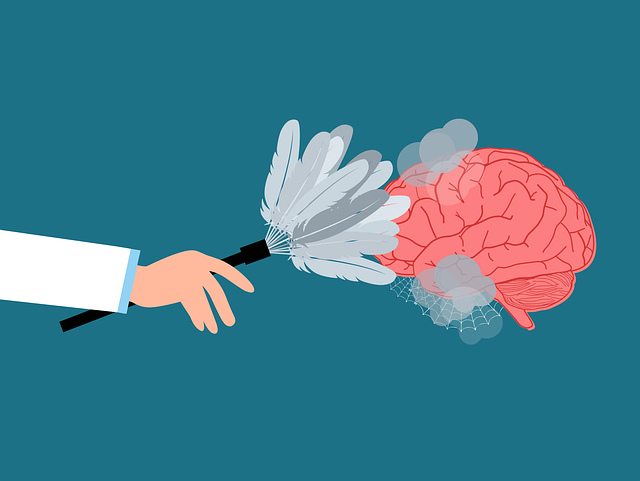Aurora Adolescent and Teen Therapy offers comprehensive crisis intervention services tailored to empower teens aged 13-19 facing peer, academic, or personal trauma. Their specialized strategies combine active listening, structured problem-solving, and evidence-based practices like compassion cultivation for immediate de-escalation and long-term emotional healing. The therapy center emphasizes culturally competent care, self-care routine development, and mental health literacy campaigns to foster resilience, adaptability, and overall well-being in young individuals. Post-crisis support includes individualized therapy, group support, and family involvement to ensure secure recovery and enhanced coping mechanisms for a brighter future.
In the realm of mental health support for teens, crisis intervention strategies are a cornerstone of effective care. This article explores essential guidance from understanding crisis intervention to post-crisis care, focusing on the vital role played by institutions like Aurora Adolescent and Teen Therapy. Learn about assessing teen distress, direct de-escalation techniques, and fostering resilience through skilled interventions that make a difference in young lives.
- Understanding Crisis Intervention: A Cornerstone of Mental Health Support for Teens
- The Role of Aurora Adolescent and Teen Therapy in Crisis Intervention
- Assessing the Crisis: Essential Skills for Identifying Teen Distress
- Direct Approaches: Effective Techniques to De-escalate and Stabilize
- Post-Crisis Care: Supporting Teens on the Path to Resilience and Recovery
Understanding Crisis Intervention: A Cornerstone of Mental Health Support for Teens

Crisis intervention is a vital cornerstone of mental health support for teens, offering immediate and targeted assistance during moments of severe distress or upheaval. At Aurora Adolescent and Teen Therapy, we recognize that young individuals face unique challenges that can lead to crises, whether it’s peer pressure, academic pressures, or personal trauma. Our specialized crisis intervention strategies are designed to stabilize and support teens, helping them navigate turbulent times and fostering resilience for long-term emotional healing processes.
Through comprehensive assessment and tailored interventions, our healthcare providers are equipped with the necessary skills in cultural competency training to address the diverse needs of our teen clients. By integrating this expertise into crisis intervention practices, we ensure that each individual receives culturally sensitive care, promoting effective communication and building trust. Additionally, we emphasize self-care routine development for better mental health as a crucial component of our approach, empowering teens with tools to manage stress and prevent future crises.
The Role of Aurora Adolescent and Teen Therapy in Crisis Intervention

Aurora Adolescent and Teen Therapy plays a pivotal role in crisis intervention strategies, offering specialized support for young individuals facing emotional turmoil. Their approach focuses on empowering teens to develop coping skills and build resilience, essential elements for navigating crises effectively. Through individual therapy sessions, clients are guided to understand and manage their moods, equip themselves with healthy coping mechanisms, and foster adaptability to unforeseen challenges.
The therapy center’s expertise lies in creating a safe space for teens to express their feelings and work through underlying issues. By facilitating open communication, Aurora Adolescent and Teen Therapy helps young people gain perspective on their crises, promoting self-awareness and personal growth. This supportive environment encourages the development of strategies to prevent future crises and enhance overall well-being, ensuring that teens emerge with enhanced emotional intelligence and a stronger sense of resilience.
Assessing the Crisis: Essential Skills for Identifying Teen Distress

In the realm of crisis intervention, especially when dealing with adolescents and teens like those seeking support at Aurora Adolescent and Teen Therapy, assessing the crisis at hand is a crucial first step. Identifying distress in teens requires a nuanced approach that goes beyond surface-level observations. Skilled therapists must be adept at listening actively, paying attention to both verbal and non-verbal cues, and asking probing questions to gain a deeper understanding of the individual’s emotional state. This process involves recognizing not just the symptoms but also the underlying factors contributing to the crisis, enabling more effective and tailored interventions.
Building resilience is a key aspect of this assessment phase, utilizing Mind Over Matter principles to empower teens with coping mechanisms. The Mental Wellness Podcast Series Production can serve as an educational tool, offering insights into managing stress, cultivating emotional intelligence, and fostering mental wellness. By integrating these strategies, therapists can guide teens towards navigating crises more effectively, promoting long-term resilience and overall well-being.
Direct Approaches: Effective Techniques to De-escalate and Stabilize

In crisis intervention, Direct Approaches are powerful techniques employed by professionals like those at Aurora Adolescent and Teen Therapy to de-escalate high-stress situations and stabilize individuals. These methods focus on immediate action to manage intense emotions and prevent further deterioration. One effective technique is active listening, where therapists demonstrate empathy and understanding while encouraging clients to express their feelings openly. This simple yet profound act calms the individual and fosters a sense of trust.
Another crucial method is structured problem-solving, guiding clients through a step-by-step process to identify issues, generate solutions, and implement them. By providing a clear framework, this approach empowers teenagers and adolescents to take control, enhance their decision-making skills, and build resilience. Aurora Adolescent and Teen Therapy also emphasizes the role of public awareness campaigns in promoting mental health literacy, which can significantly contribute to early intervention and depression prevention, supporting Self-Esteem Improvement as a key aspect of overall well-being.
Post-Crisis Care: Supporting Teens on the Path to Resilience and Recovery

After a crisis has passed, providing sustained support is crucial for teens’ long-term resilience and recovery. Aurora Adolescent and Teen Therapy emphasizes that this post-crisis care period is essential to help individuals process their experiences, develop coping strategies, and rebuild a sense of security. Mental health professionals play a pivotal role in facilitating this journey through individualized therapy sessions, group support, and family involvement.
The process involves careful risk assessment to identify any immediate concerns or vulnerabilities. Through evidence-based practices such as compassion cultivation and stress management workshops organized by specialized organizations, teens learn to manage their emotions, build resilience, and develop healthy coping mechanisms. This holistic approach ensures that they receive the necessary tools and care to navigate challenges and foster a sense of well-being, paving the way for a brighter and more resilient future.
Aurora Adolescent and Teen Therapy plays a vital role in crisis intervention, offering specialized support tailored to the unique needs of teenagers. By understanding the various aspects of crisis intervention outlined in this article—from assessing distress to post-crisis care—parents, educators, and caregivers can navigate these challenging situations effectively. Equipping ourselves with direct de-escalation techniques empowers us to stabilize teens and foster resilience, ultimately guiding them toward recovery. Remember that early intervention and proper support are crucial, and Aurora Adolescent and Teen Therapy stands ready to assist in these critical moments.









